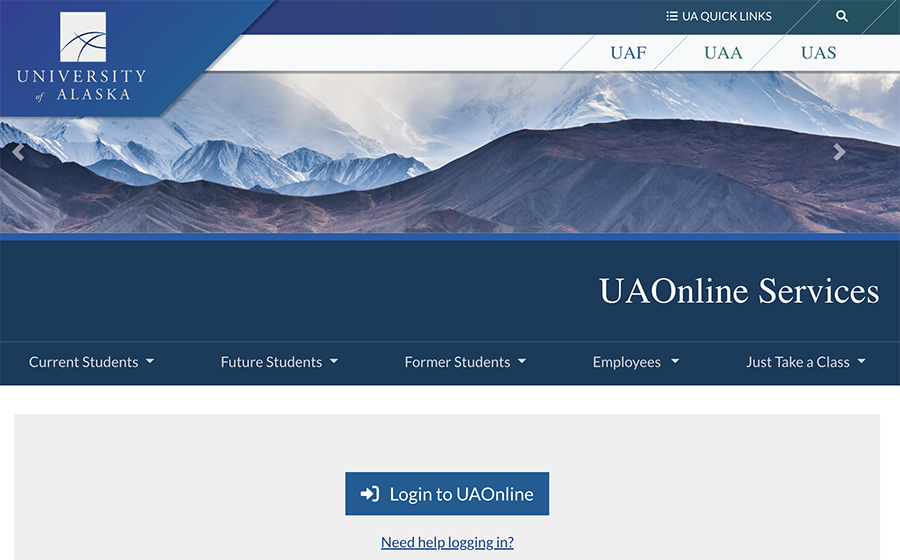Nanook
KnowBe4 Cybersecurity Training Requirement
A number of users have reported concerns with an email (subject line "You've been enrolled in annual cybersecurity training!") from UA Security's new training platform, KnowBe4. These are legitimate emails and KnowBe4 is a vendor used by UA Security. Details on the training requirements can be seen in their August 22nd news article here: .B&N First Day Course Materials Issues in Canvas
We are aware of an issue resulting in various Canvas courses not having their bookstore materials and textbooks connected to the 'B&N First Day Course Materials' integration. The NTS Systems Engineering team is collaborating with the vendor to restore service, and faculty in need of support on how to move forward while the issue persists are encouraged to contact for academic guidance.Technology Services

News & Announcements
Jun 18
As of June 30th, 2025, SMS (text messages) will be removed as an authentication option within Duo MFA to improve account security.
Apr 23
As of May 11, 2025, Zoom Scheduler will be made available to all UA Zoom users. Users will be able to creating a booking schedule and reserve appointments with users, even users outside of the UA system.
Apr 18
The Nanook Technology Services Service Desk is excited to announce that we're starting a newsletter to keep subscribers up-to-date on changes regarding UA computer accounts and services!
Popular Services
Below are links to some of our most popular services.
IT Resources

- Zoom Video Conferencing
- Account/Password Help
- Google Apps @ UA
- Media Device Registration
- Training Services
- Transcript Request Info
- UA Blackboard
- Video Conferencing
Looking for help with ÃÛÌÒµ¼º½ Canvas?
Visit ÃÛÌÒµ¼º½ eCampus Canvas support options

Security tools, practices, policies, and information
- Data Security
UA IT News

September 05, 2025
To help us keep accurate records and follow federal rules, please review your personal information in UAOnline each fall and spring semester.

September 05, 2025
In support of the University's ongoing transition to Banner Self Service 9 (BSS9), employees will have delayed access to their R21, R22, and R23 timesheets. Beginning with R21, the automated overtime process will become available.
Current System Status
Planned Outages
|

